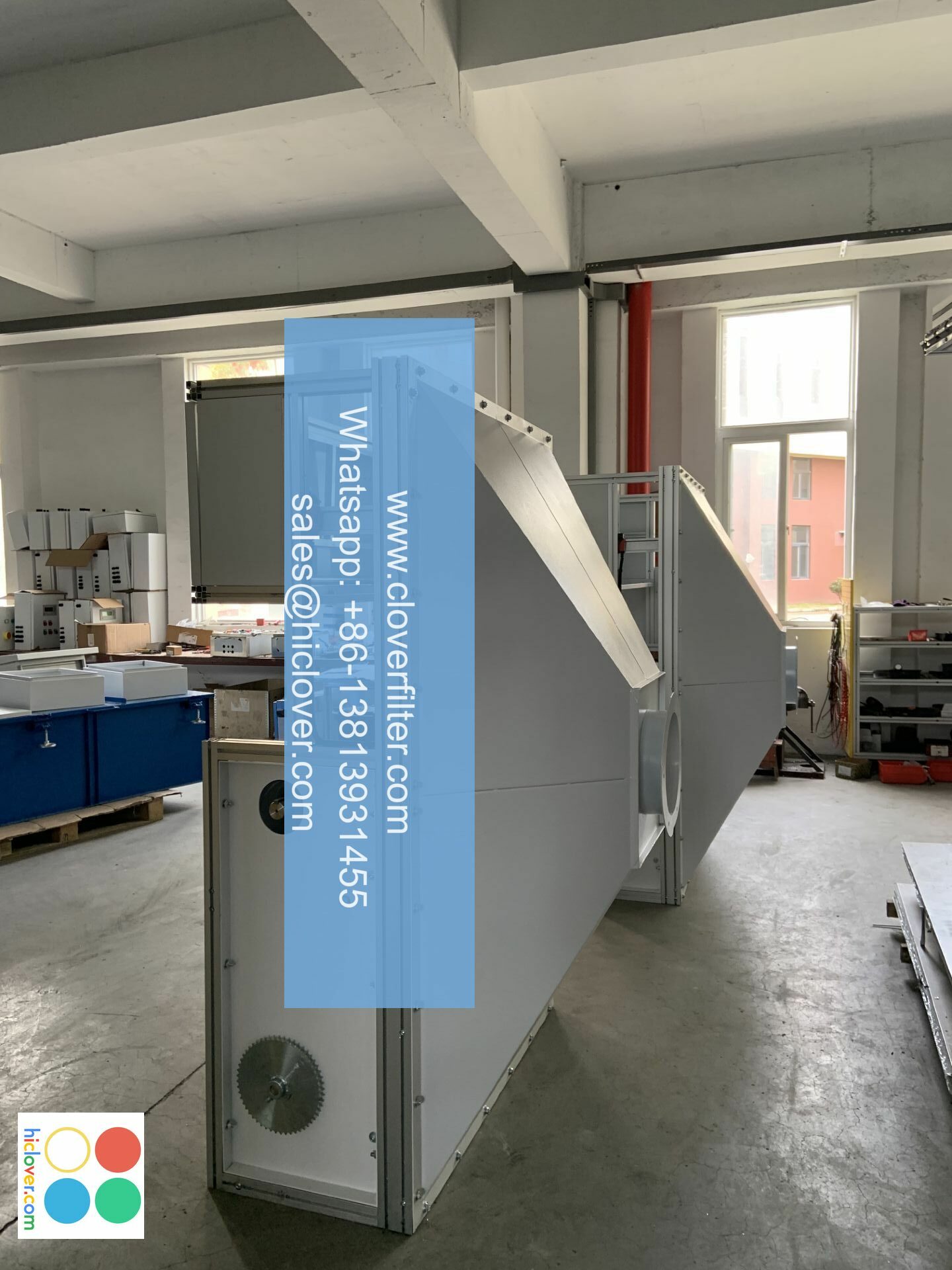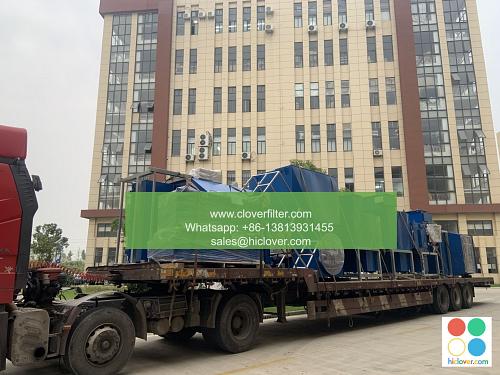Air Filter Distribution: The Key to Energy Sustainability

Importance of Air Filter Distribution in Energy Sustainability
Air filters play a crucial role in maintaining the efficiency and sustainability of energy production, transmission, and distribution. They are used in various applications to remove impurities and contaminants from the air, including particulate matter, carbon dioxide, and sulfur dioxide, which can significantly impact energy systems.
Types of Air Filters Used for Energy Sustainability
There are several types of air filters used in energy-related applications, including:
1. Coalescing Filters
Used in gas turbines and compressors to remove contaminants from air, which helps maintain equipment efficiency and reduce emissions.
2. HEPA (High Efficiency Particulate Air) Filters
Designed to remove 99.97% of particles as small as 0.3 microns, used in applications such as industrial processing, clean rooms, and HVAC systems.
3. Activated Carbon Filters
Used to remove gas-phase pollutants, including volatile organic compounds (VOCs) and particulate matter, from the air in industrial facilities, residential buildings, and vehicles.
Applications of Air Filter Distribution in Energy Sustainability
1. Power Generation
Air filters are essential in power generation systems, including gas turbines, steam turbines, and combined-cycle power plants.
2. Industrial Processing
Air filters are used to remove contaminants from the air in various industrial processes, such as petroleum refining, chemical processing, and food processing.
3. Residential and Commercial Buildings
Air filters are used in HVAC systems and provide a clean indoor air quality (IAQ) in residential and commercial buildings.
4. Automotive and Aviation
Air filters are used in vehicles to remove contaminants from the air intake system, ensuring optimal engine performance, efficiency, and reducing emissions.
5. Marine and Offshore
Benefits of Air Filter Distribution in Energy Sustainability
1. Energy Efficiency
Air filters help maintain equipment efficiency, reduce downtime, and increase overall system performance, leading to energy savings.
2. Reduced Emissions
By removing pollutants and contaminants from the air, air filters contribute to reduced greenhouse gas emissions and improved air quality.
3. Extended Equipment Life
By protecting equipment from damage caused by contaminants, air filters extend the life of equipment and reduce maintenance costs.
Conclusion
Air filter distribution plays a vital role in energy sustainability by ensuring the efficient operation of energy-related systems while reducing emissions and promoting a healthier environment. By understanding the importance of air filtration and applying it in various industries, we can move closer to achieving a cleaner, more sustainable future.
I’m happy to help! What would you like to talk about or ask?

